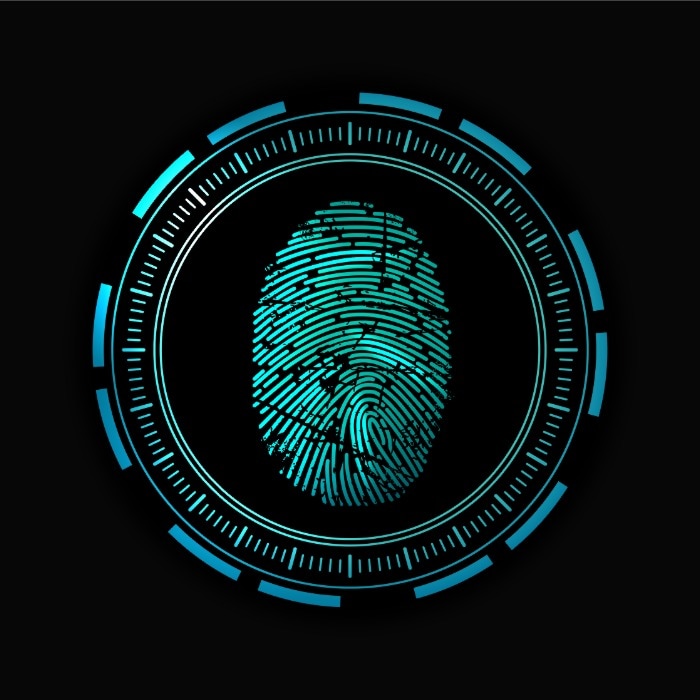Practical Response
Level 8
- Mar 10, 2024
- 377
Good habits are not shifting they are as they sound, habits you develop to negate issues based off being informed and applying methods.It's not supposed to stop all infections. My point is that you're aware of this, which is why the definition of "good habits" keeps shifting.
One source for your point is this:

91% of all cyber attacks begin with a phishing email to an unexpected victim | Deloitte Malaysia | Risk Advisory | Press releases
Cybersecurity practitioners have, for many years, been promoting the adage ‘it's not if, but when’ organisations will be impacted by a cyber attack.www2.deloitte.com
The first point is correct because "good habits" won't be enough.
What happens if the infection comes from a non-questionable website?
What happens if the infection comes from a reputable mobile app?
What happens if the e-mail comes from a non-questionable company that unknowingly has been compromised?
and so on. If you have a lot of time in your hands, then you can add more "good habits" by waiting things out, checking the site against another that checks site, using more scanners, and letting things run in a sandbox to see what happens.
Which is what developers are adding to security programs because it turns out that "good habits" involve a lot of time in your hands.
Now if you care to show everyone how to negate these issues you claim being aware and using habits and deploying intelligent contingencies, will not affect, I'm listening. Only you need to do it by explaining how average users who don't have time or are not skilled enough to learn to be aware and use and deploy these habits and contingencies can manage to learn complicated software efficiently and thoroughly enough to stay safe from all these threats you claim other methods won't touch as well as do it without misconfiguring their systems, causing damage or expanding the attack surface.
I'm assuming you will state, just throw 3rd party suites on and be click happy right, ain't got time to have good habits.

